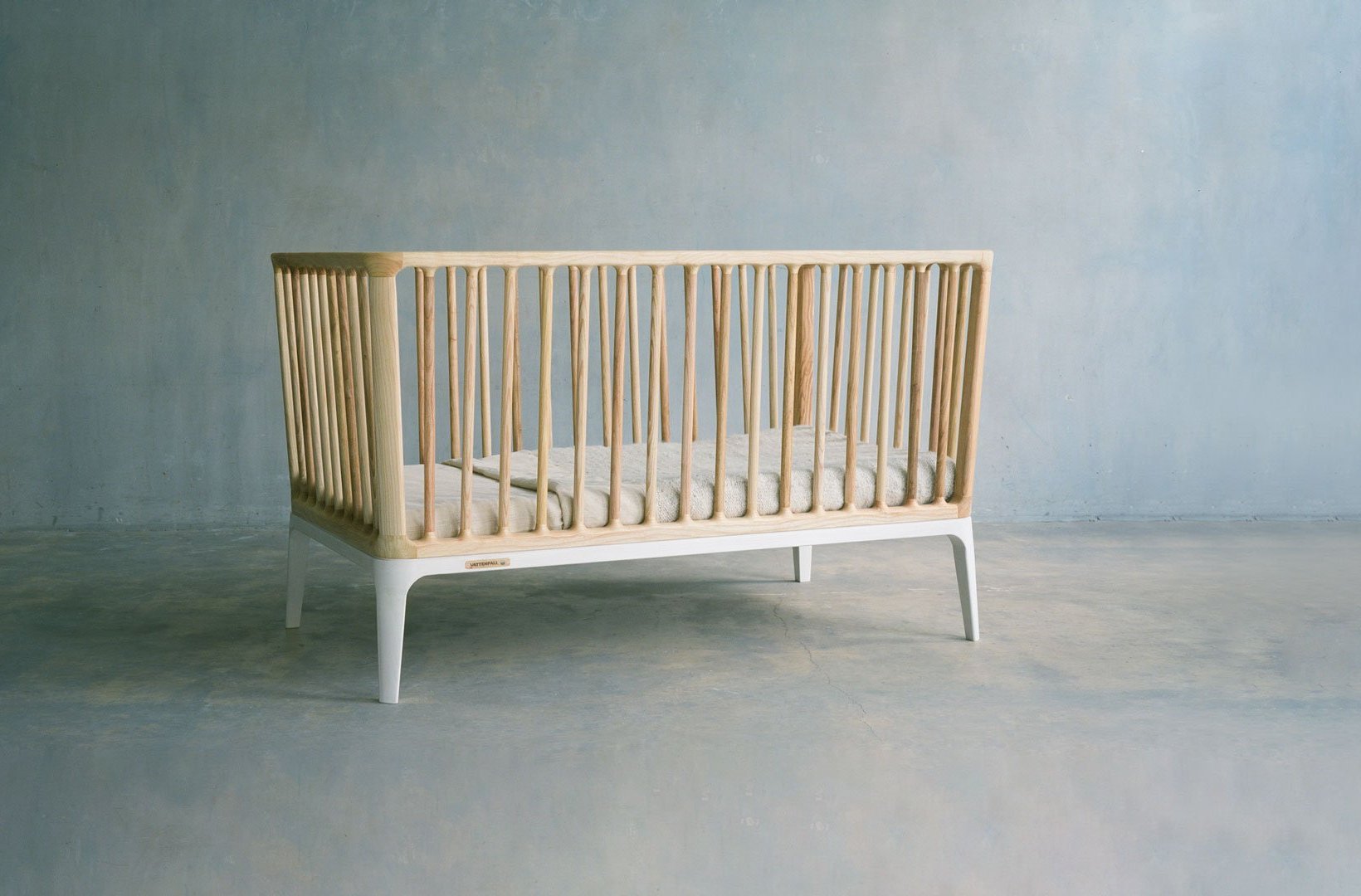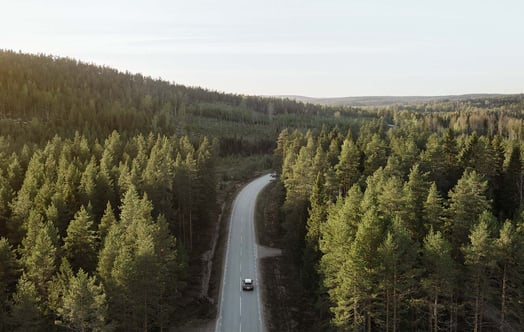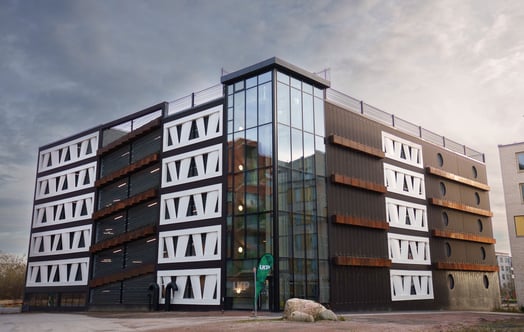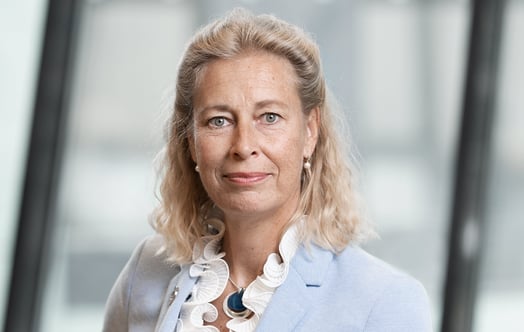
Vattenfall reveals fossil free crib
Could an everyday object such as crib be made fossil free for the next generation? Vattenfall Netherlands managed to succeed, but it took a lot of effort.
On February 13, during the "Makers of the Future" event in Amsterdam, Vattenfall revealed a fossil-free crib, made without the use of oil, gas or coal. Something that is almost impossible today, because we use fossil fuels for almost everything we produce.
Symbol for the next generation
Cindy Kroon, Director Customers at Vattenfall Netherlands opened "Makers of the Future" with a hopeful message. “We want to enable fossil-free living within one generation. Industry is indispensable in reaching that goal. That is why we investigated to what extent it would be possible to make a completely fossil-free product in 2020, without corresponding CO2 emissions. The crib - a symbol for the next generation - is an everyday product that incorporates many different materials, which made the challenge bigger and also quite costly. But it is possible, and it serves as a tangible, symbolic object to be able to discuss the theme with each other better.”
Vattenfall, as a supplier and partner to the industry, must play an important role in the transition of society, Kroon says: “For large issues such as CO2 reduction, many people tend to think of large solutions such as offshore wind farms or highways full of electric cars. But the way in which the industry produces the things that you use and hold on a daily basis also plays an essential role. The chair you sit on or the pajamas that you put your child in: could they be produced without fossil fuels? ”
Logo made from fossil free steel
The fossil-free crib consists of various parts that are each manufactured, processed and transported without the use of fossil fuels like coal, gas or oil. As a number of industries have already left Europe almost completely, in some cases Vattenfall even had to resort to crafts that have been handed over for generations and are in danger of disappearing completely. For example, the bedding was hand-woven and the Texel-island wool for the mattress came ashore by sailboat.
The cribs’ wood comes from a tree which was felled, sawn and dried using green electricity. The logo even uses the first steel in the world made with hydrogen instead of cokes, from the test installation for HYBRIT, the steel plant that Vattenfall is developing in Sweden with steel producer SSAB and mining company LKAB. This steel was brought from Sweden to the Netherlands specifically for the crib by train and with an electric car.
“What this cribs demonstrates is the challenge for the coming years in getting these types of processes scalable and affordable. And that you have to do this together. We are of course an energy company, not a furniture manufacturer, but we do want to look broader and seek cooperation to help industry and the transport sector become fossil-free”, Kroon concludes.
That Vattenfall is extremely serious in this ambition is demonstrated, in addition to HYBRIT, from the various collaborations that already exist with, for example, the cement industry, software companies such as Microsoft and biofuel producers like Preem. In the Netherlands, Vattenfall closed its only coal-fired power plant at the end of 2019 and is building the first subsidy-free offshore wind farm in the world, Hollandse Kust Zuid.



